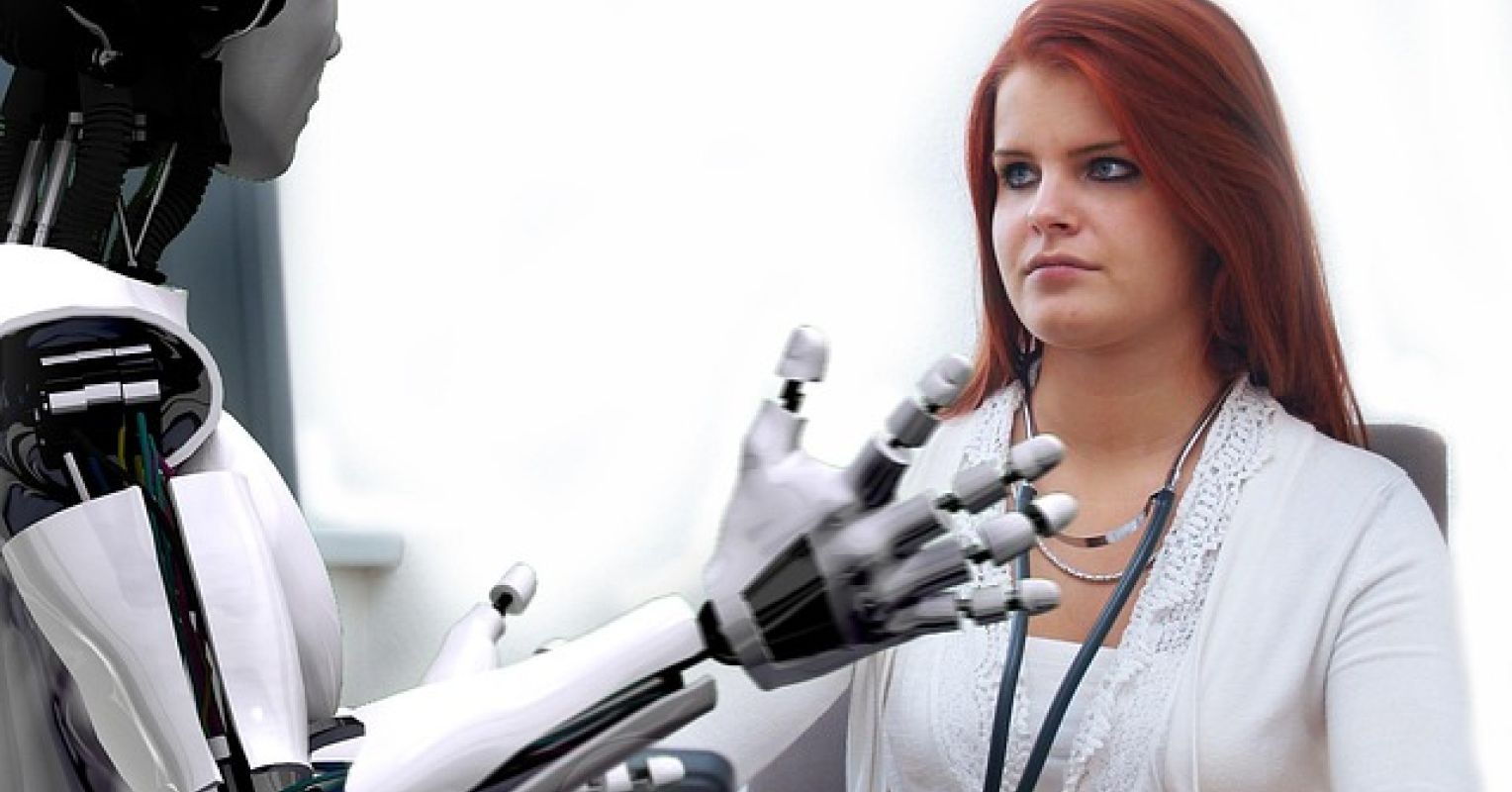
"Imagine you're working in a three-person team on a challenging bridge design project. Every decision about every truss is critical in the iterative design process. You have a good idea for the next design move to optimise the strength-to-weight ratio for a given truss. You state your case, and two of your teammates disagree, so you're outvoted. Now imagine that both of those teammates were artificial intelligence (AI) agents that overruled you."
"As increasingly autonomous AI systems emerge into collaborative team settings, they are starting to take on decision making roles. How would you feel if your AI teammates contradicted you and outvoted you in your bridge design project? In human-only teams, research indicates that both task conflict and relationship conflict can lead to negative emotional reactions ( Brett & Goldberg, 2017; Rispens & Demerouti, 2016; Tekleab et al., 2009). But what about human-AI teams? A fascinating experimental study by Hu and colleagues (2025) explored this question."
"The study involved 175 undergraduate engineering students, who each worked across 30 trials to design a bridge structure in a virtual collaborative setting with two AI teammates named Alex and Taylor. Each team member had equal voting power when making decisions about the next best design move when building a bridge structure. Each of the 30 trials presented a unique and challenging design problem, and thus there were no easy solutions."
175 undergraduate engineering students each worked across 30 trials to design virtual bridge structures with two AI teammates named Alex and Taylor. Each team member had equal voting power; on each trial all three proposed design options and independently cast votes for the best solution. Humans displayed emotional neutrality when outvoted by AI teammates, in contrast to the conflict typical in human-only teams. Self-confidence increased when participants were outvoted by poorly performing AI, creating dangerous blind spots. Even a single low-performing AI teammate significantly reduced overall team performance and eroded human trust.
Read at Psychology Today
Unable to calculate read time
Collection
[
|
...
]